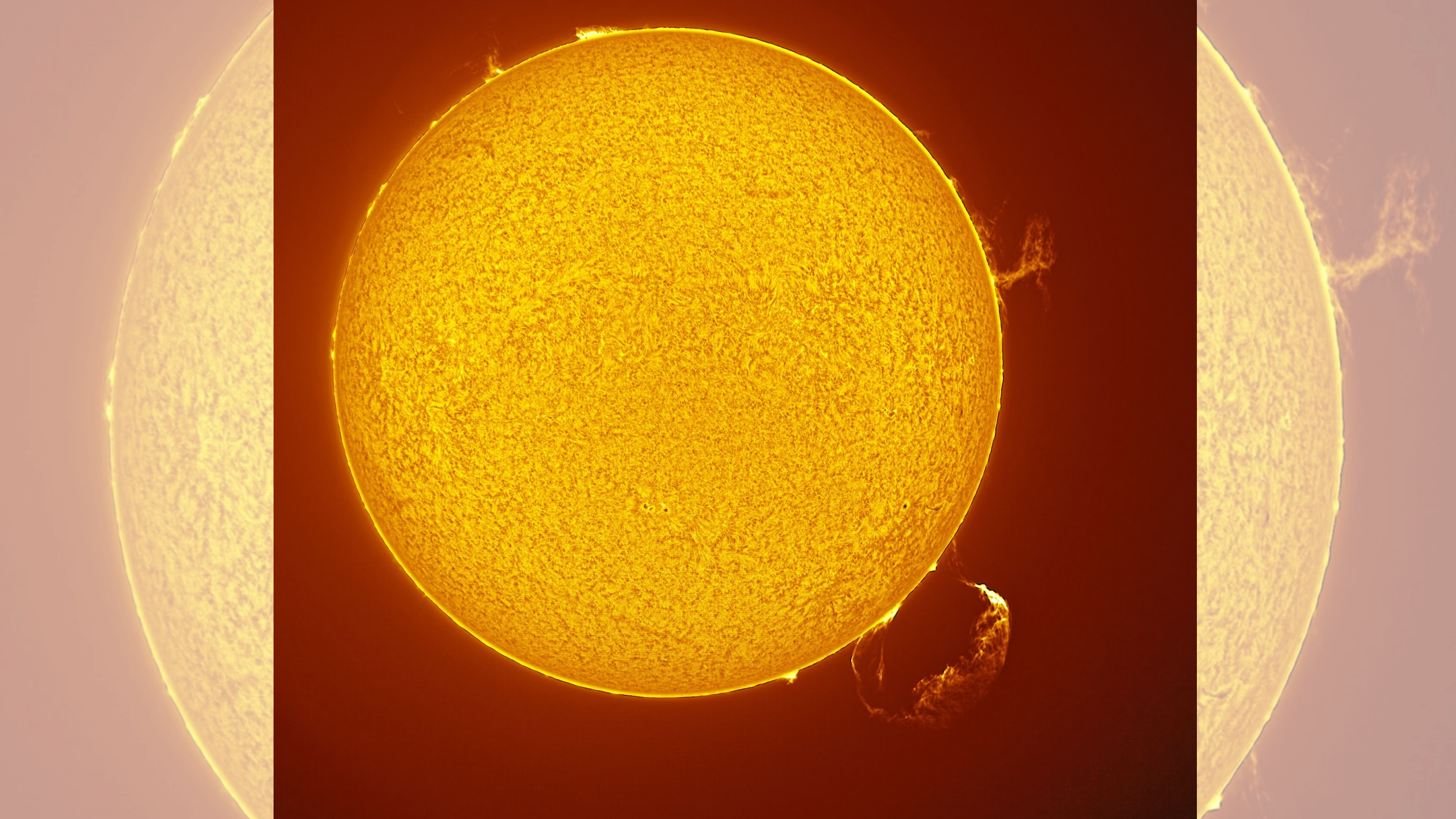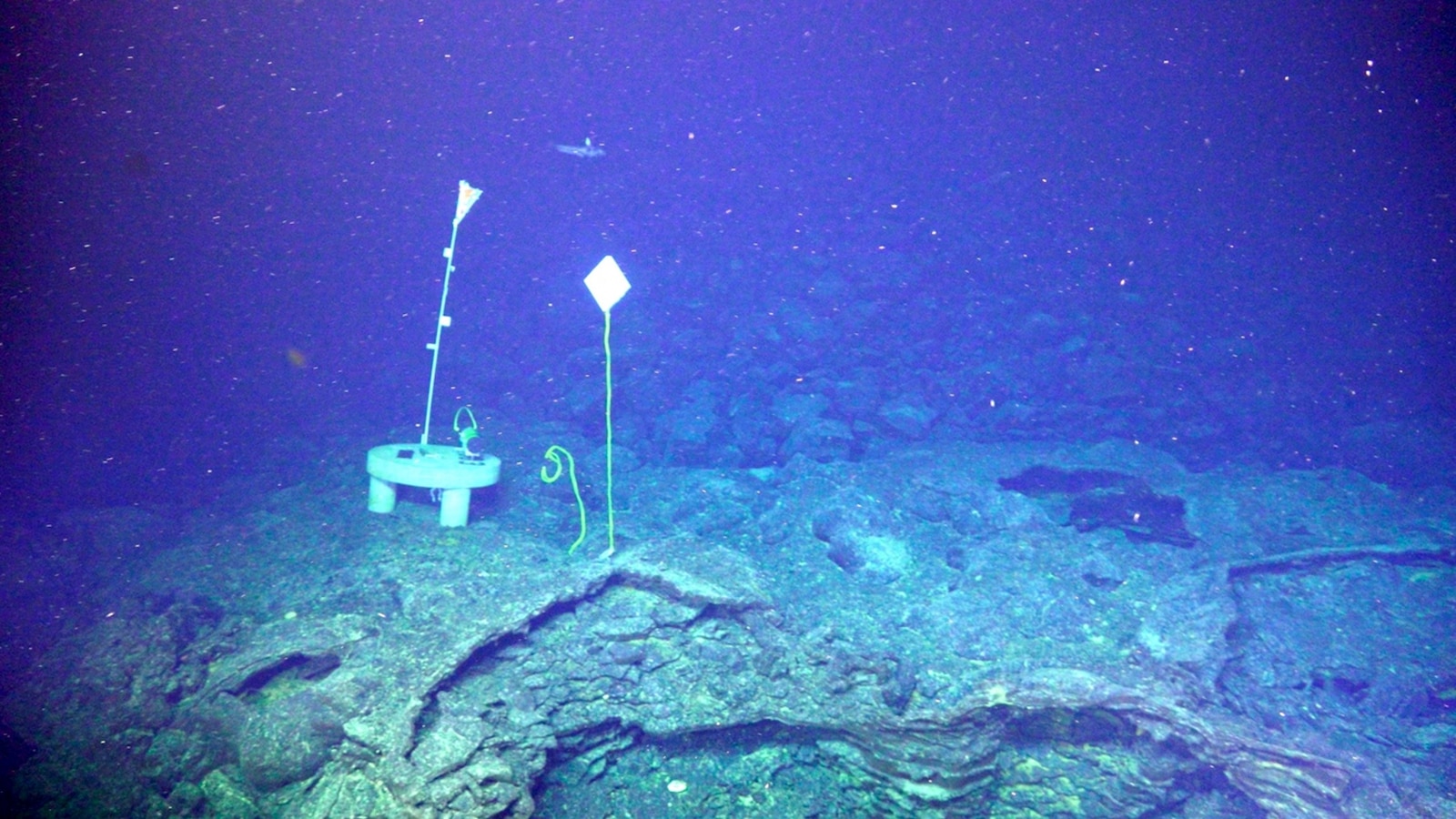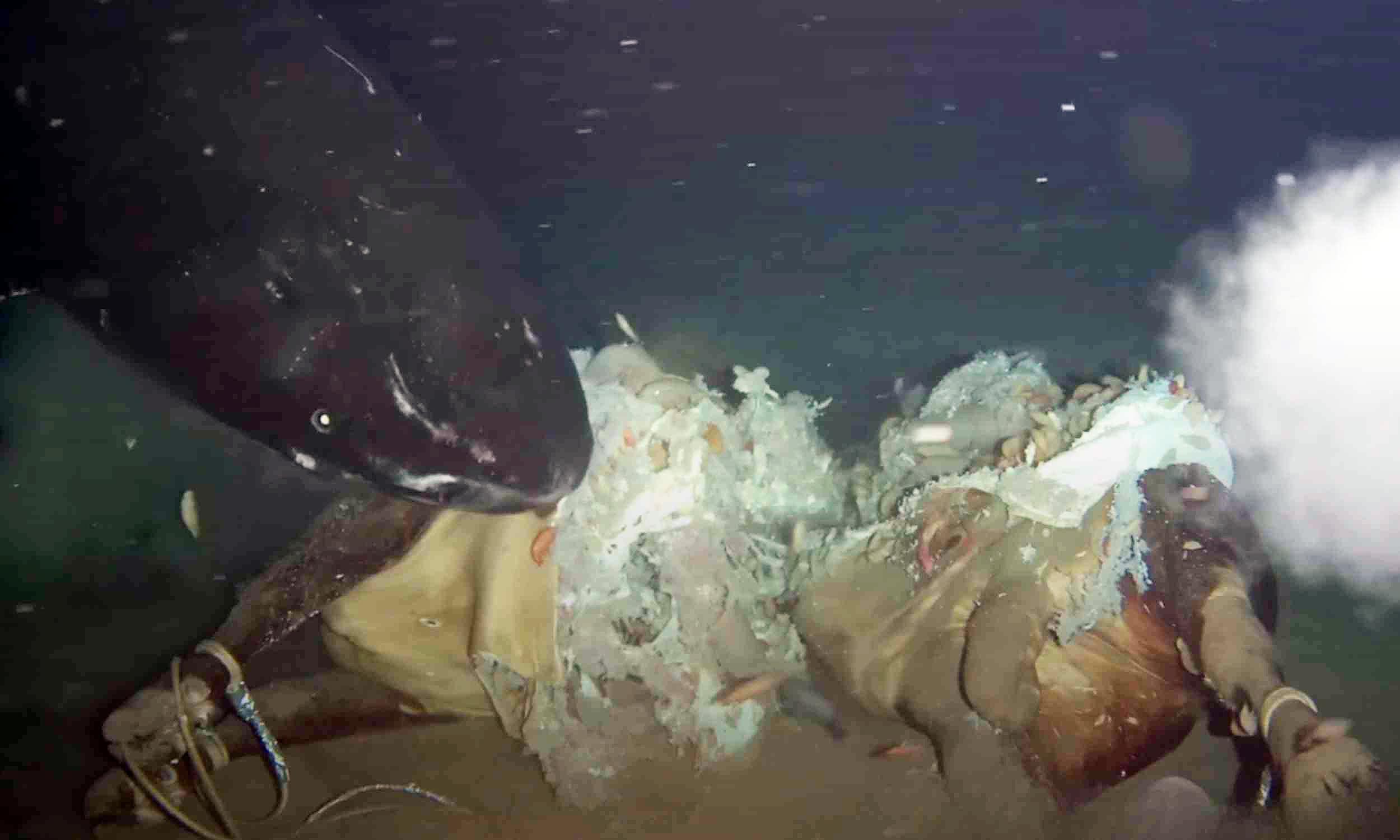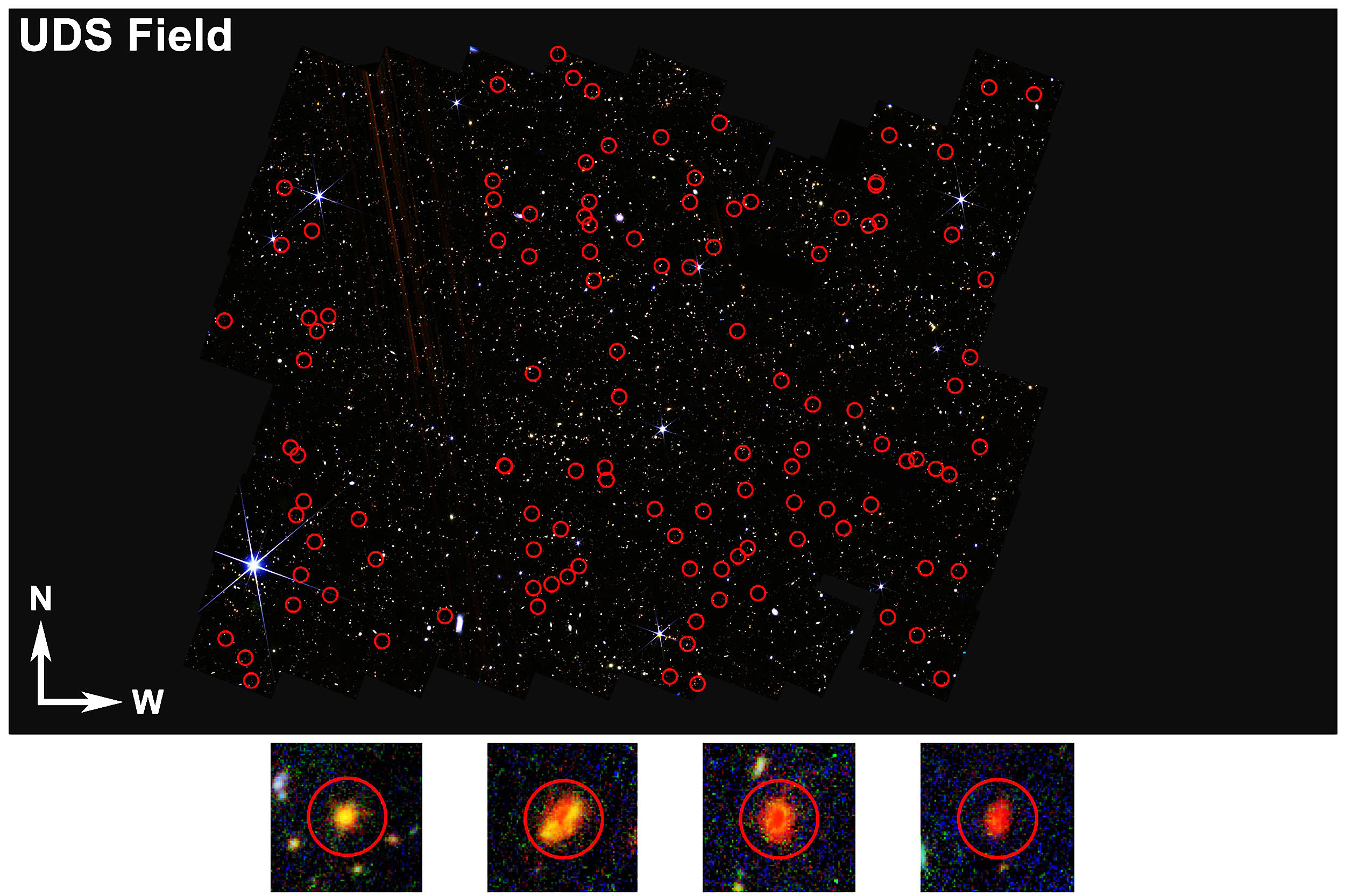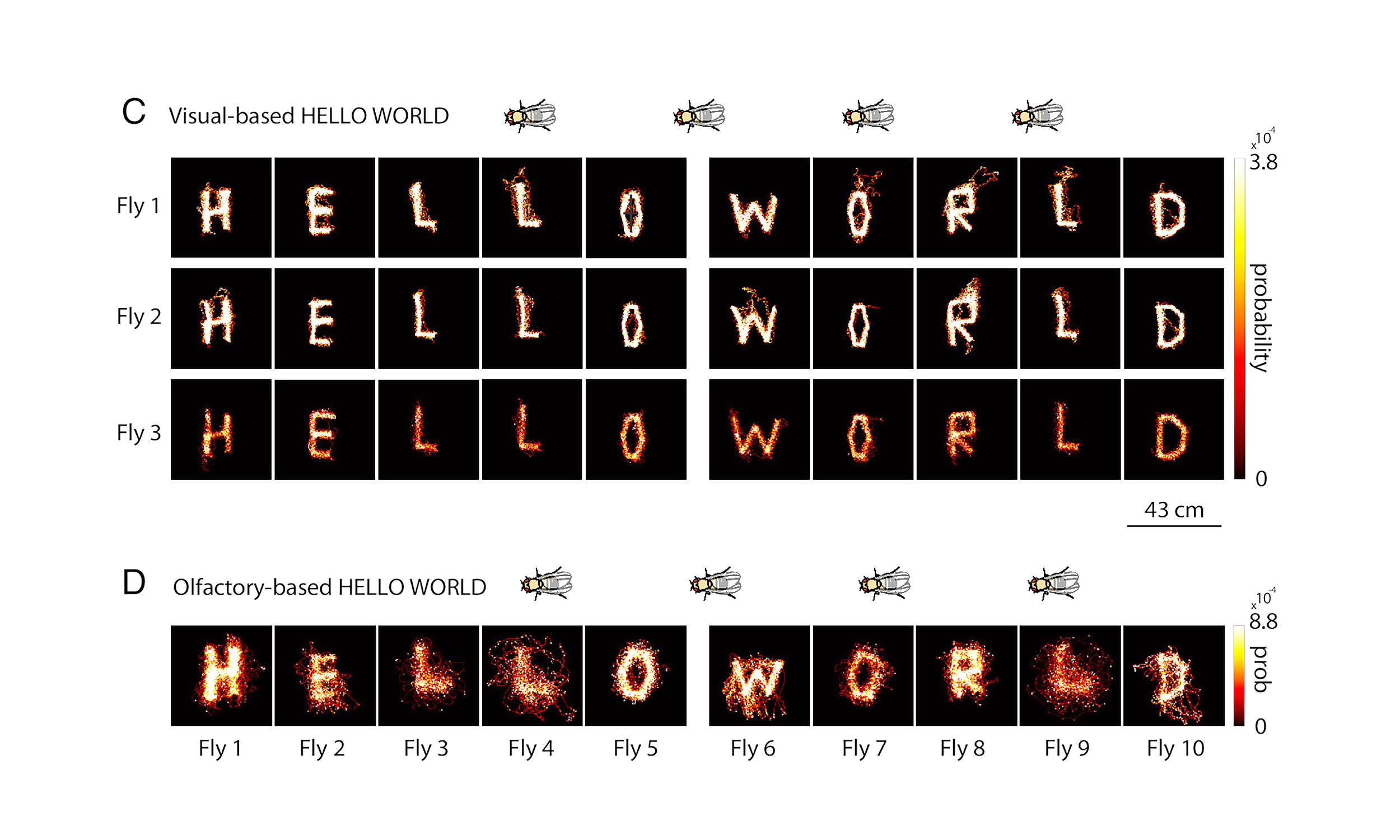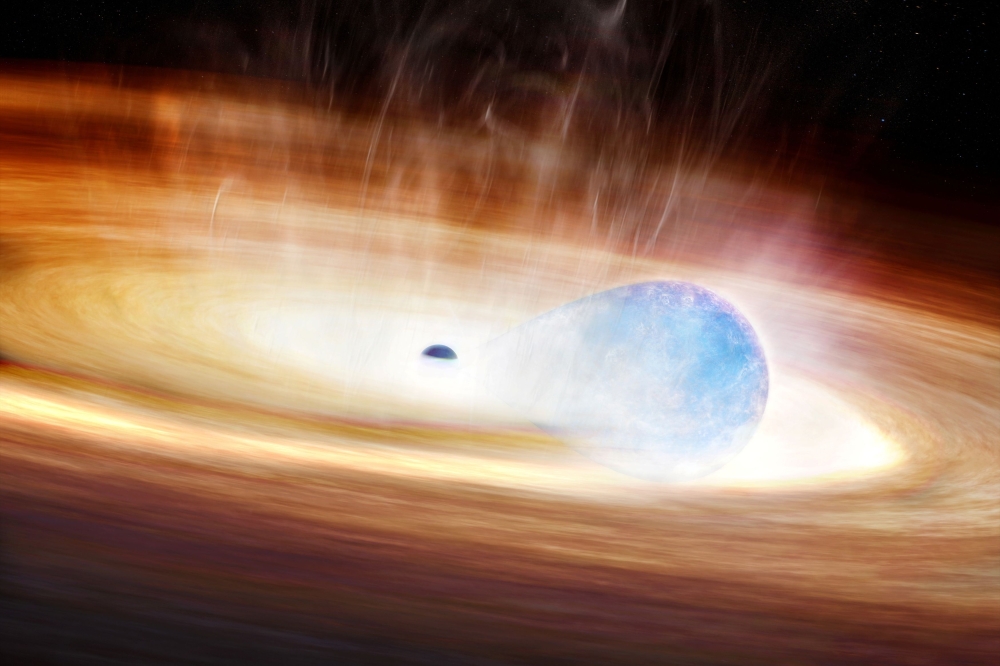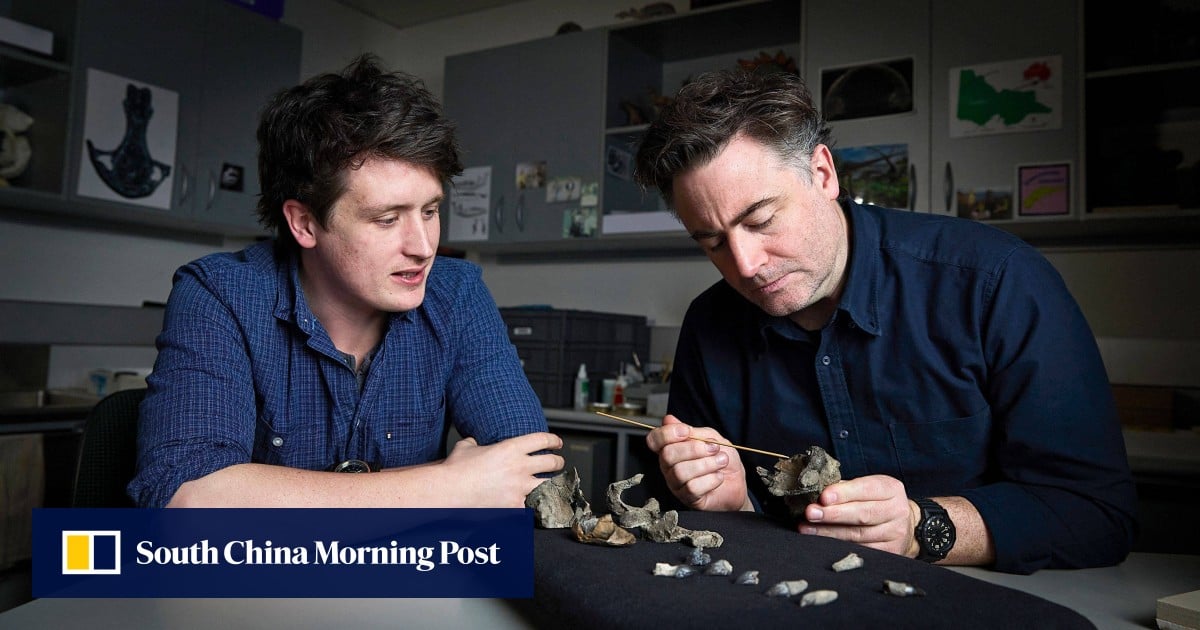Is Our Universe Just a Massive Black Hole? Shocking New Discovery Will Blow Your Mind!

Have you ever thought that maybe, just maybe, our entire universe is nestled comfortably inside a black hole? Sounds like a plot twist from a sci-fi movie, right? But according to recent studies leveraging the awe-inspiring capabilities of the James Webb Space Telescope (JWST), this mind-bending idea could be a possibility!
Launched on Christmas Day 2021, the JWST has completely transformed our understanding of the cosmos by peering deeper into space than any telescope before. Imagine being able to gaze back in time to see the universe only 300 million years after the Big Bang! This revolutionary telescope has not only taken breathtaking images of distant galaxies but has also made its mark by discovering exoplanets and icy disks swirling in new solar systems.
Earlier this year, researchers published fascinating findings in the Monthly Notices of the Royal Astronomical Society. Their work is sending shockwaves through astrophysics, suggesting that our universe might indeed be residing inside a black hole! This radical notion is based on the unexpected observation that most galaxies rotate in the same direction, which goes against the grain of conventional cosmological models.
Traditionally, scientists thought that galaxies in the universe were randomly oriented with no preferred rotation. However, this recent study revealed that 40% of the 263 observed galaxies were spinning counterclockwise, while a staggering 60% were rotating clockwise. Lior Shamir, an associate professor of computer science, noted that even the untrained eye could notice this pattern. The JWST has its capabilities laid bare for all to see, raising eyebrows and challenging long-held beliefs.
But what does all this mean for us? If the theory holds true, it could imply that the early universe was more uniform in terms of galactic rotation but has since become chaotic. This suggests a fascinating possibility: that we are part of a much larger universe, born with its own rotation. Shamir argues that if this is the case, existing theories about the cosmos might be far from complete.
As wild as it sounds, this idea dovetails perfectly with black hole cosmology. It raises a profound question: could our universe be a mere speck in the grand scheme of a more expansive universe? Or is it all just a product of light effects that alter perception? The truth may be stranger than fiction!
In the end, this exploration into the nature of our universe reminds us how much we still have to learn. While theories may rise and fall, one thing remains undeniable: the cosmos is a realm of endless wonder.












